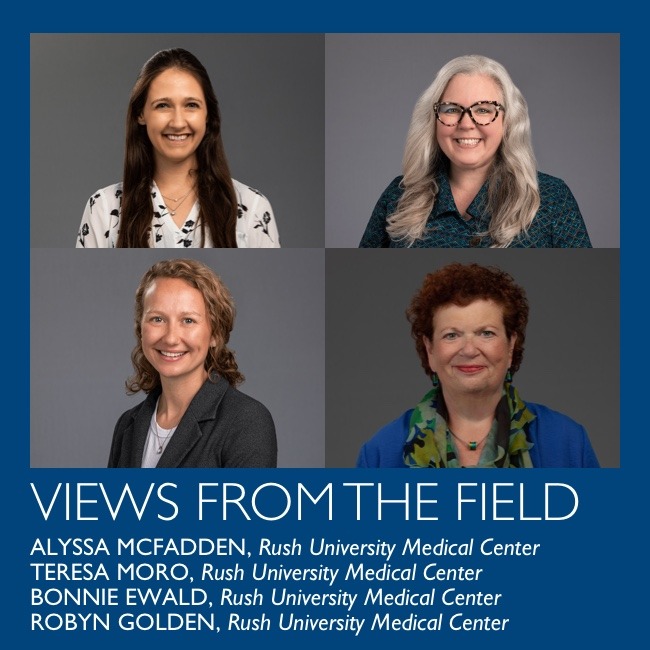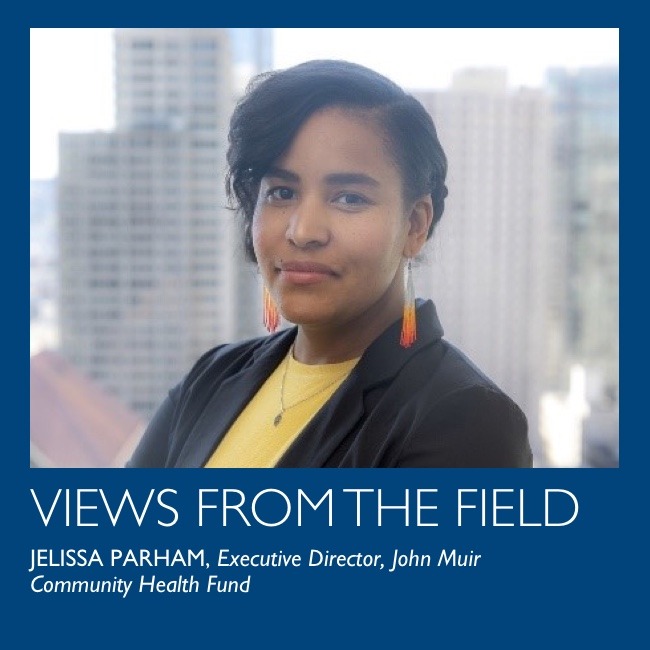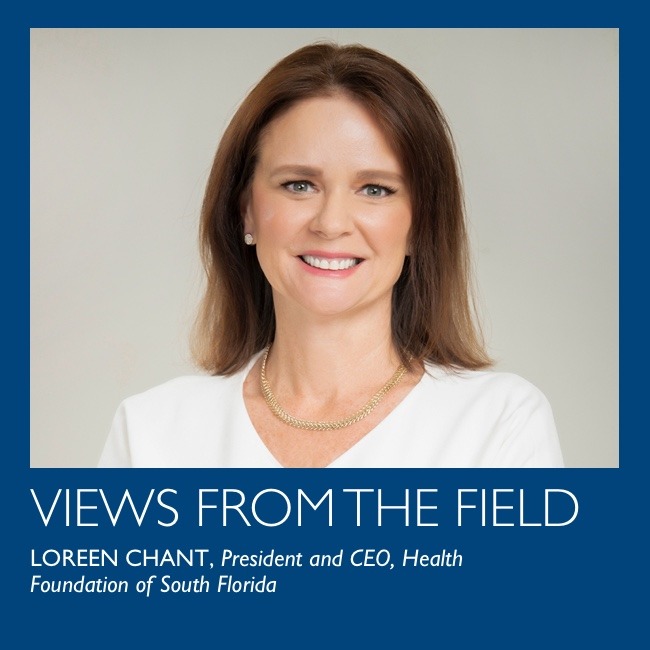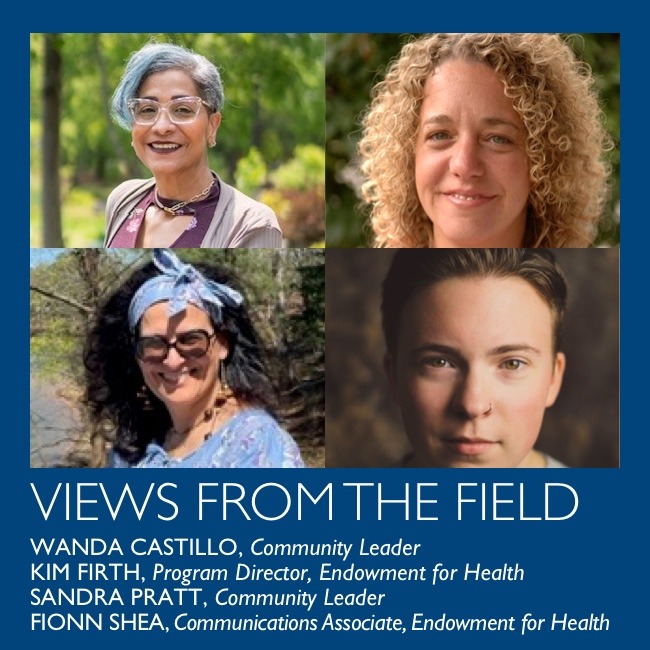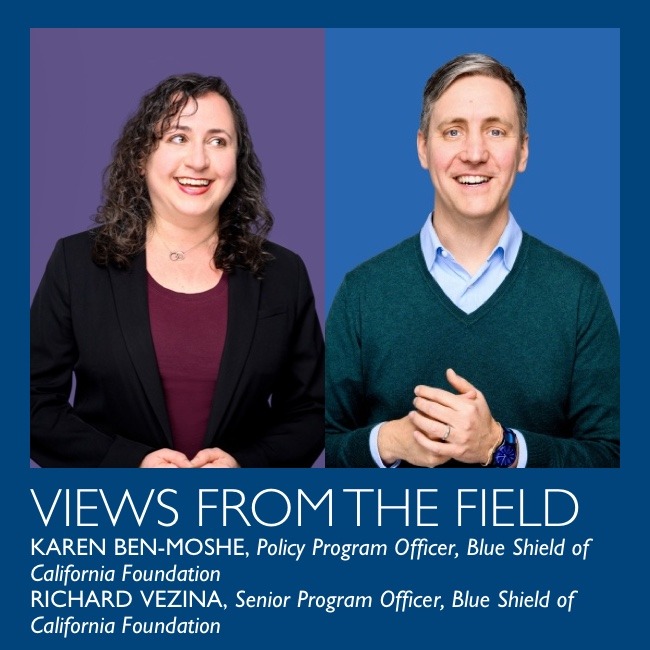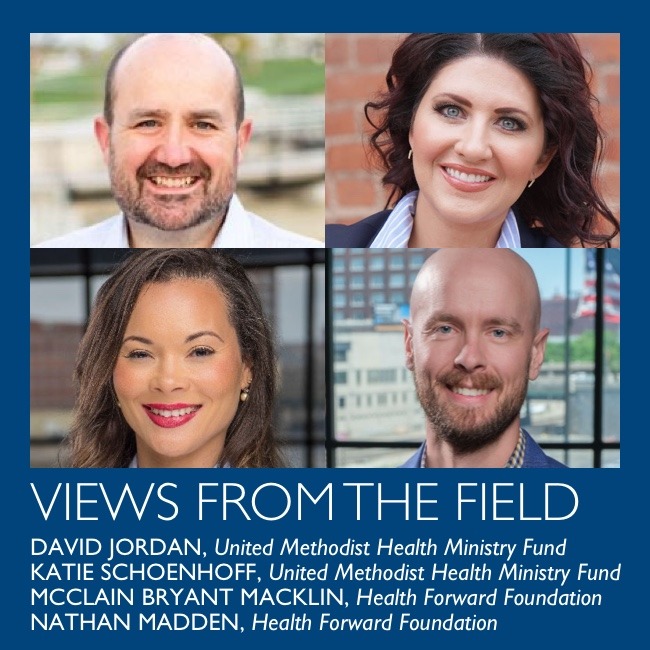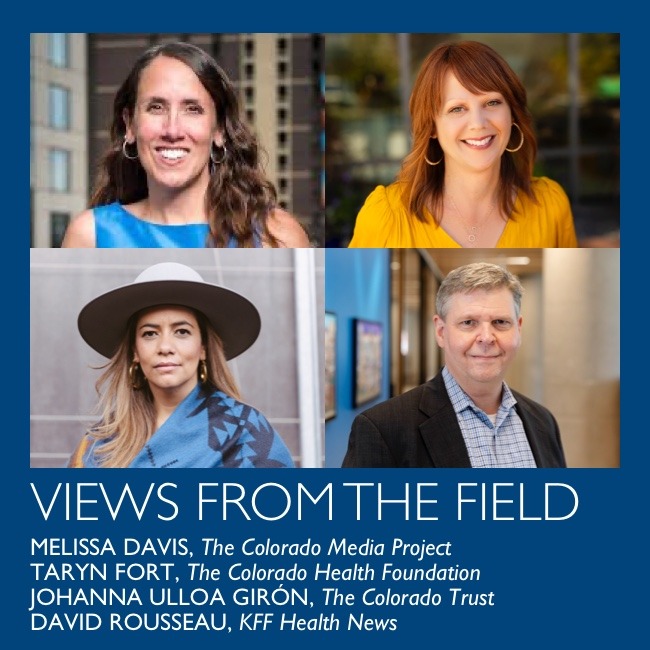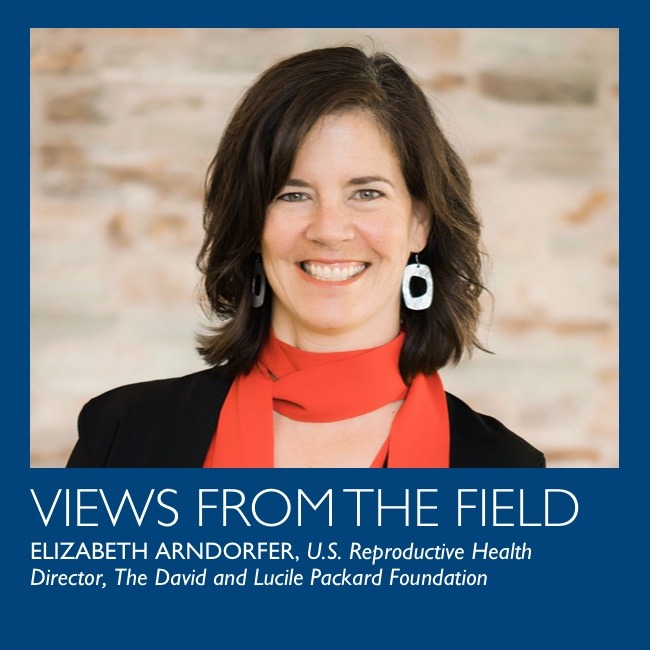Developing an Equitable Nonprofit Ecosystem: A New Funding Framework for Emerging, BIPOC-Led Grantees
In philanthropy, it is standard due diligence practice to vet potential grantees on their list of current, past, and future funders as a way to mitigate our perceived risk. However, this approach can put many emerging, grassroots, and BIPOC-led organizations out of contention for initial funding. The John Muir Community Health Fund has shifted the way we fundamentally see risk, and instead, have embraced the opportunity to fund emerging organizations that address social determinants of health by providing monetary support, capacity building, and ultimately a proof of concept that propels grantees to long-term sustainability.
A Marathon, Not a Sprint
Community Health Workers (CHWs), also referred to as health navigators, advocates, or promotor(a)s, are trusted community members trained to work with local health care and social services to help clients navigate often complex systems of care, while also improving the quality and cultural competence of service delivery. The United Methodist Health Ministry Fund and Health Forward Foundation have long supported CHWs in Kansas and Missouri, providing grants to organizations to support CHWs in a variety of settings – clinical and community-based – as well as supporting coalition-building, training, research, and advocacy efforts.
Building Stronger Early Childhood Systems: Reflections from Western Montana
What happened when a regional health foundation team embarked on a road trip and drank 600 cups of coffee with their neighbors? They discovered that Western Montanans were tired of band-aid solutions and frustrated with interventions that always seemed to arrive too late. People wanted to focus on prevention to address problems at their roots. They hoped to see more collaboration between organizations and across sectors and emphasized that solutions should be locally born and cultivated, focusing especially on kids in their earliest years.
The Crucial Role of Philanthropy in Nurturing Equitable Local Journalism
In an era marked by profound societal divisions, the role of local media in fostering democratic health stands as a cornerstone of informed civic engagement. From critical issues like health care and housing to economic opportunity and climate impacts, local journalism is the bedrock upon which communities build their understanding and response. Yet, the field faces challenges beyond the well-documented financial crisis facing local newsrooms, encompassing deep-rooted inequities in newsroom composition and the narratives they convey.

